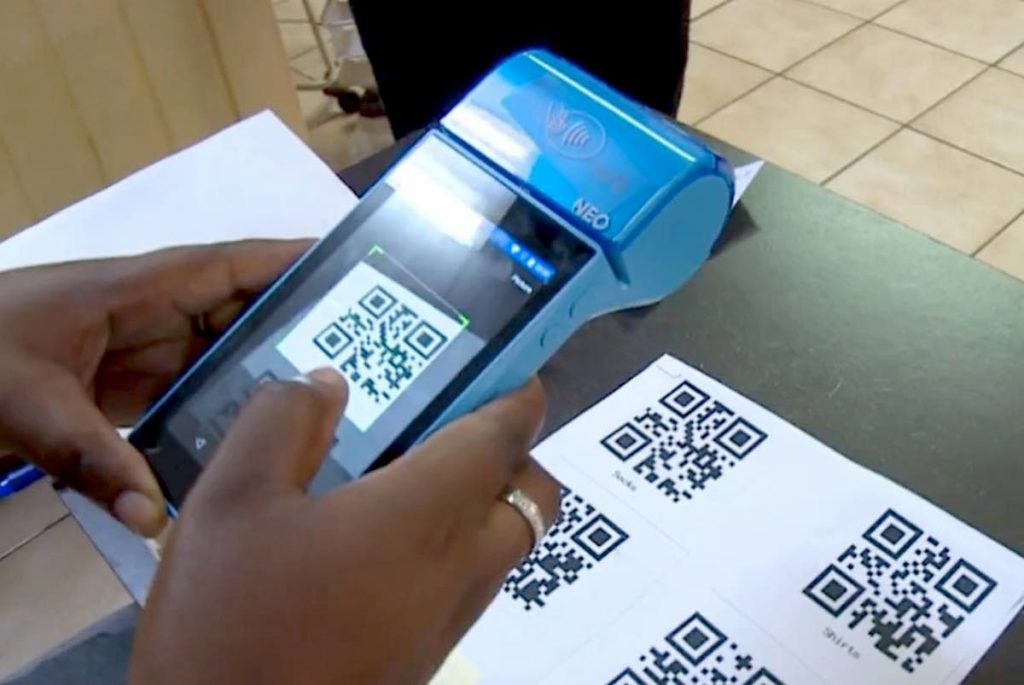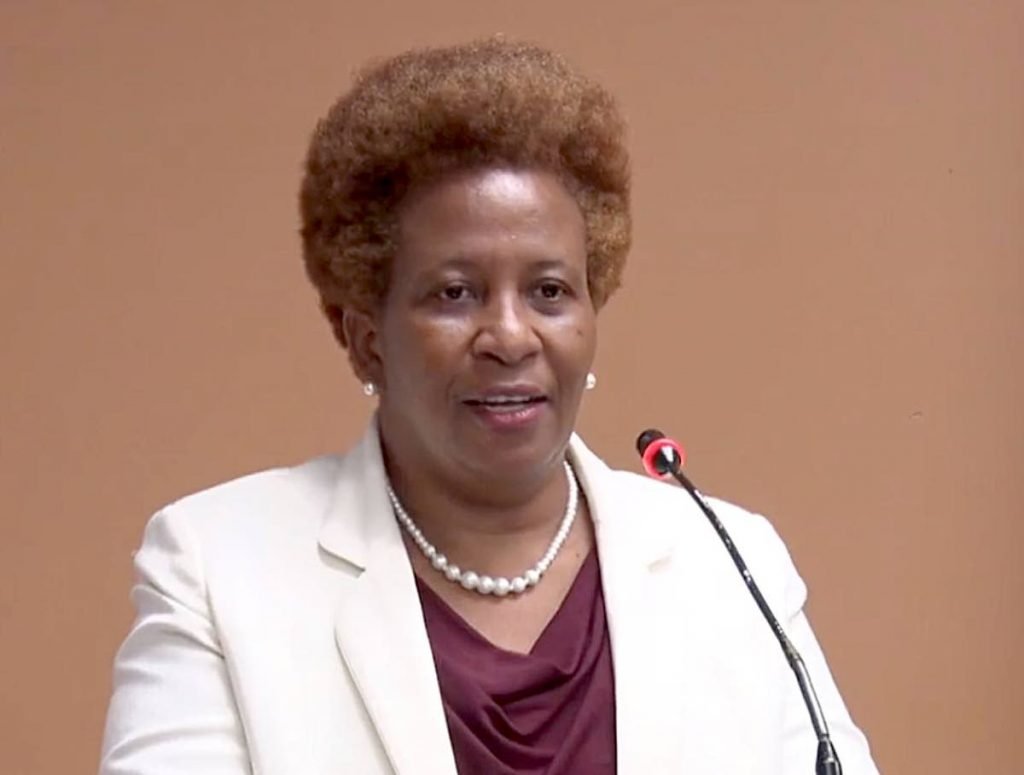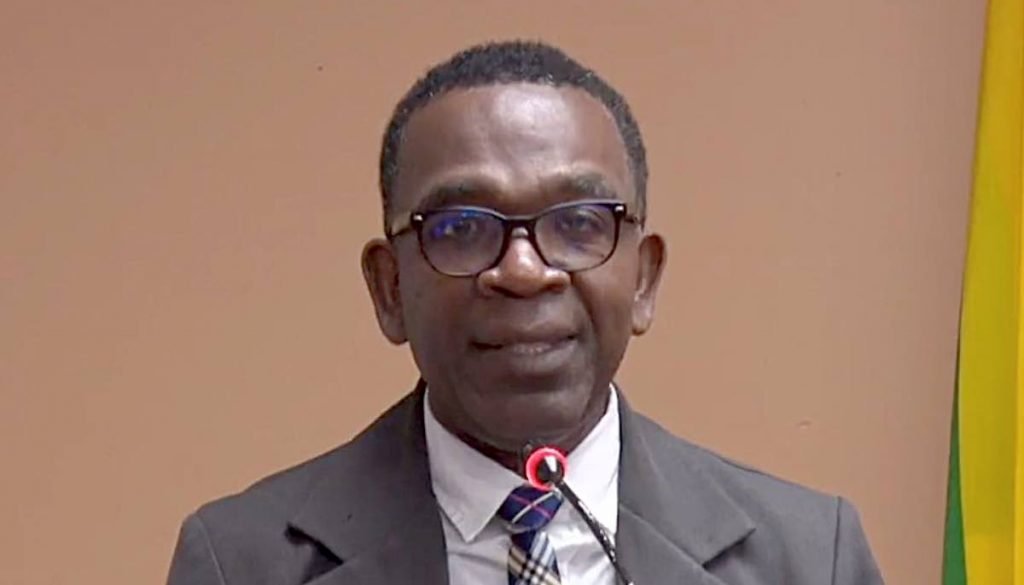WiPay introduces digital voucher system to Grenada

Trinidad's digital payment service provider Wipay has assisted the government of Grenada in setting up its Digitally Enabled Uniform Assistance Programme, which will subsidise the cost of school uniforms for over 5,100 families.
Grenada began the resumption of socially distanced, in-person schools in April. In May, the Government of Grenada approved the inclusion of two social safety net programmes - SEED (Support for Education, Empowerment and Development) and the School Uniform Assistance Programme - as pilots in WiPay.
WiPay signed a memorandum of understanding with the Grenadian government just before the pandemic hit the island and used the technology it developed for the Trinidad Judiciary’s digital payment systems. The social assistance project uses QR codes for verification.
After evaluation, SEED beneficiaries can receive between $50 and $300 per household, while successful applicants under the School Uniform Assistance Programme will be entitled to between $50 to $450 per household.
The project begins with the distribution of 1,200 QR codes on August 9 with the first of four batches of digital vouchers to be issued. Grenada's government expects to complete the distribution by August 30.
“We could not have been here without WiPay,” said Minister for Information, Communications and Technology Pamela Moses at a launch event live-streamed on the government’s Facebook page on July 29.

“It's a step toward becoming a cashless society, we want to become a digital economy,” said Moses.
“We know that people want to have their money in their pocket. We know that people want their voucher in their pocket.”
Grenada’s ICT Minister urged citizens to be patient with the system and to be assured that any issues would be addressed quickly.
Families without a smartphone or email address will have their QR codes printed by the government.
In a short address, WiPay CEO Aldwyn Wayne said, “Your Minister of ICT, Pamela Moses is very hands on. It’s the first time I've ever seen a minister so completely on the ground. Your people are ready for this.”
WiPay will donate 100 of its NEO terminals to Grenada, beginning with a deployment of 50 to start the project and has given the Grenadian government access to its software platform without cost.

According to Wayne, the terminals will cost WiPay US$ 50,000 and the software platform is valued at $60,000.
Permanent Secretary with responsibility for ICT, Finley Jeffrey, said, “What we might have taken 15 years to accomplish digitally, we accomplished overnight and we are going on and on as the pandemic persists.”
“There are a lot of things that are on-stream and a lot of things that are coming.
These are exciting times, although they are pandemic times.”
This story has been reedited for corrections. Below is the previously published story.
Trinidad's digital payment service provider Wipay has assisted the government of Grenada in setting up its Digitally Enabled Uniform Assistance Programme, which will subsidise the cost of school uniforms for 30,000 families.
Grenada began the resumption of socially distanced, in-person schools in April.
"We could not have been here without WiPay," said Grenada's minister for information, communications and technology (ICT), Pamela Moses at the launch event live-streamed on the government's Facebook page on Thursday.
The project is part of the Grenadian government's Support for Education, Empowerment and Development (Seed) programme, a social safety net project on the island.
WiPay signed a memorandum of understanding with the Grenadian government just before the pandemic and used the technology it developed for the Trinidad Judiciary's digital payment systems. The new assistance project uses QR codes for verification.
"It's a step toward becoming a cashless society, we want to become a digital economy," said Moses.
"We know that people want to have their money in their pocket. We know that people want their voucher in their pocket."
Grenada's ICT minister urged citizens to be patient with the system and to be assured that any issues would be addressed quickly.
Depending on the size of the family approved for Seed funding, they will receive between $250 and $450 to subsidise the cost of school uniforms for the new school year.
The project begins with 5,000 families on August 9 with the first of four batches of digital vouchers being issued. Grenada's government expects to complete the distribution by August 30.
Families without a smartphone or email address will have their QR codes printed by the government.
In a short address, WiPay CEO Aldwyn Wayne said, "Your Minister of ICT, Pamela Moses is very hands on. It's the first time I've ever seen a minister so completely on the ground. Your people are ready for this."
WiPay will donate 100 of its NEO terminals to Grenada, beginning with a deployment of 50 to start the project and has given the Grenadian government access to its software platform without cost.
According to Wayne, the terminals will cost WiPay US$50,000 and the software platform is valued at $60,000.
Permanent secretary with responsibility for ICT, Finley Jeffrey, said, "What we might have taken 15 years to accomplish digitally, we accomplished overnight and we are going on and on as the pandemic persists."
"There are a lot of things that are on-stream and a lot of things that are coming. These are exciting times, although they are pandemic times."


Comments
"WiPay introduces digital voucher system to Grenada"